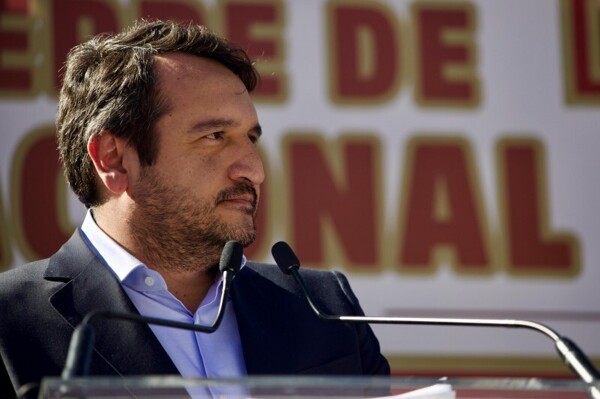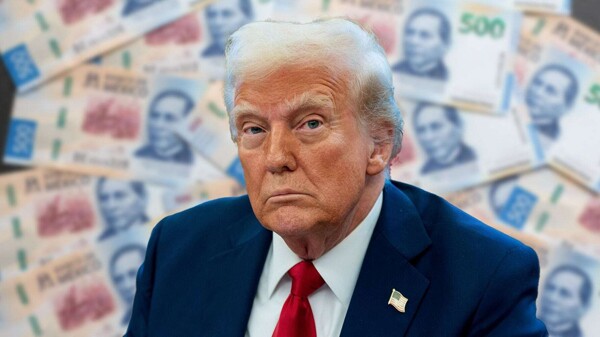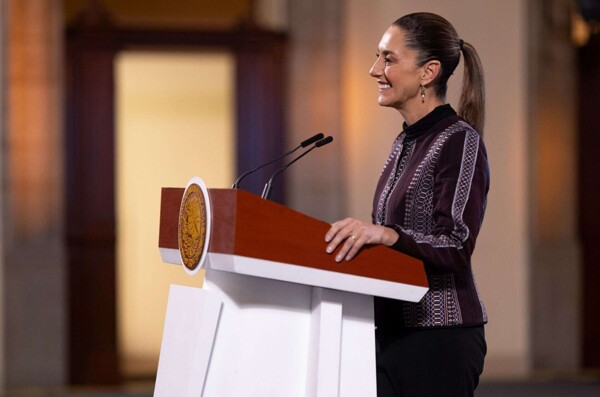
Mexico needs to have expert negotiators who can tackle the complexity of a polarized and unpredictable global environment. The absence of a high-level team could bring risks that affect both the social stability and the international future of the country. Among the negotiation experts, the figure of Idelfonso Guajardo stands out, who has previously participated in dialogue tables with Trump.
Guajardo has proven to be a key player thanks to his experience and skills in international negotiations. His ability to anticipate and counter difficult strategies positions him as an essential piece in this diplomatic context, where cleverness, strategy, and foresight are fundamental elements.
Negotiation with Trump transcends the merely political, encompassing security, economy, and infrastructure issues in border cities as well. An unexpected flow of deportees could overwhelm already established systems. In states like Nuevo León, which are experiencing economic growth, the temporary reception of deportees could present economic and social challenges.
Trump's new approach in his term has changed the traditional way of doing politics and negotiations, relying on pressure and fear. This poses significant challenges for diplomacies seeking mutual agreements. Trump has emphasized immigration as a crucial point in his negotiations, threatening with tariffs, mass deportations, and geopolitical control in the Latin American region.
The trafficking of Fentanyl, considered an "internal enemy" in the U.S., has heightened tensions. The possibility of classifying certain criminal organizations as terrorists puts Mexico in a risky situation, which could impact its economy and politics, affecting Foreign Direct Investment and facing the threat of a possible mass deportation of Mexicans from the U.S.














